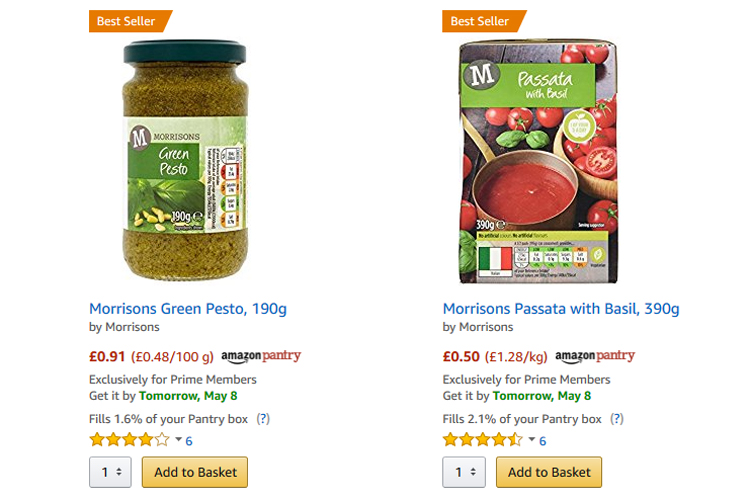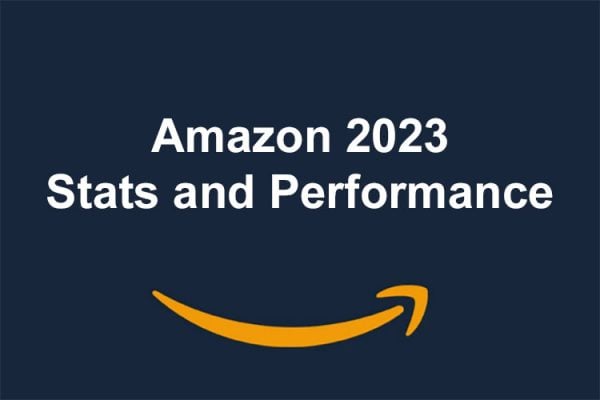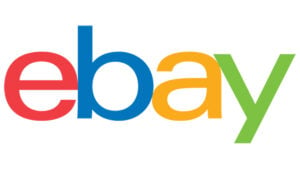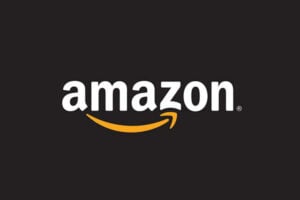Supermarkets are generally struggling as shopping habits change. Some have the wrong shop formats as consumers switch to online, others are simply suffering due to the economy and arrival of newcomers such as Aldi and Lidl.
Morrisons reported this week that Amazon saved the day, which along with price cuts helped to raise sales in the first part of 2017. Morrisons were late to ecommerce, they didn’t even sell online until 2014 and in 2016 announced a deal to supply Morrisons products through Amazon. The same day and one hour offerings with Amazon were recently extended to more London districts.
This all added up to a 3.4% rise in like for like sales between March and April this year and Morrison appear to be performing better than their competitors.
Meanwhile, ike-for-like sales at Sainsbury’s,fell by 0.6% but thanks to the Argos acquisition, total sales were up 11.6% on last year. Argos partnered with eBay for Click & Collect orders and many Argos stores are now located within Sainsbury’s.
Meanwhile, Tesco have their own marketplace which begs the question, what’s the best strategy for supermarkets? Is partnering with a marketplace to sell groceries a good long term strategy, or is the Tesco approach of opening their own marketplace more likely to succeed. Sainsbury’s are sitting on the fence, attracting eBay buyers into their stores without giving up sales or having to run their own marketplace.
As an online retailer who probably sells on Amazon, if you were a supermarket how closely would you align yourself with marketplaces? Would you tread with caution, or is it likely that in the future supermarkets will be forced to either partner with a marketplace or become one themselves?











One Response
The world will not be happy until Amazon have the control of everything you buy.
Then when prices begin to rise we will all start moaning about there being no competition. Big business are just lining amazons pockets to work out where they can build their first huge warehouse of Groceries and that will be it.